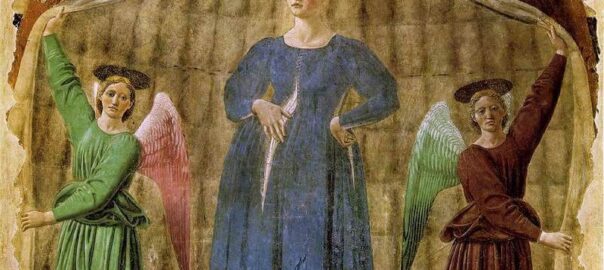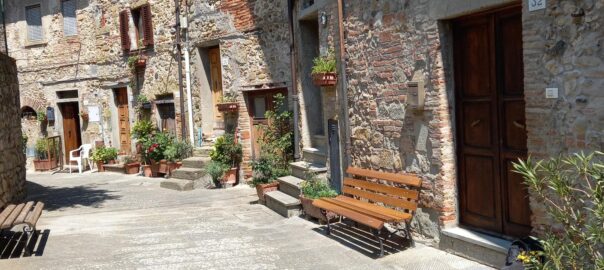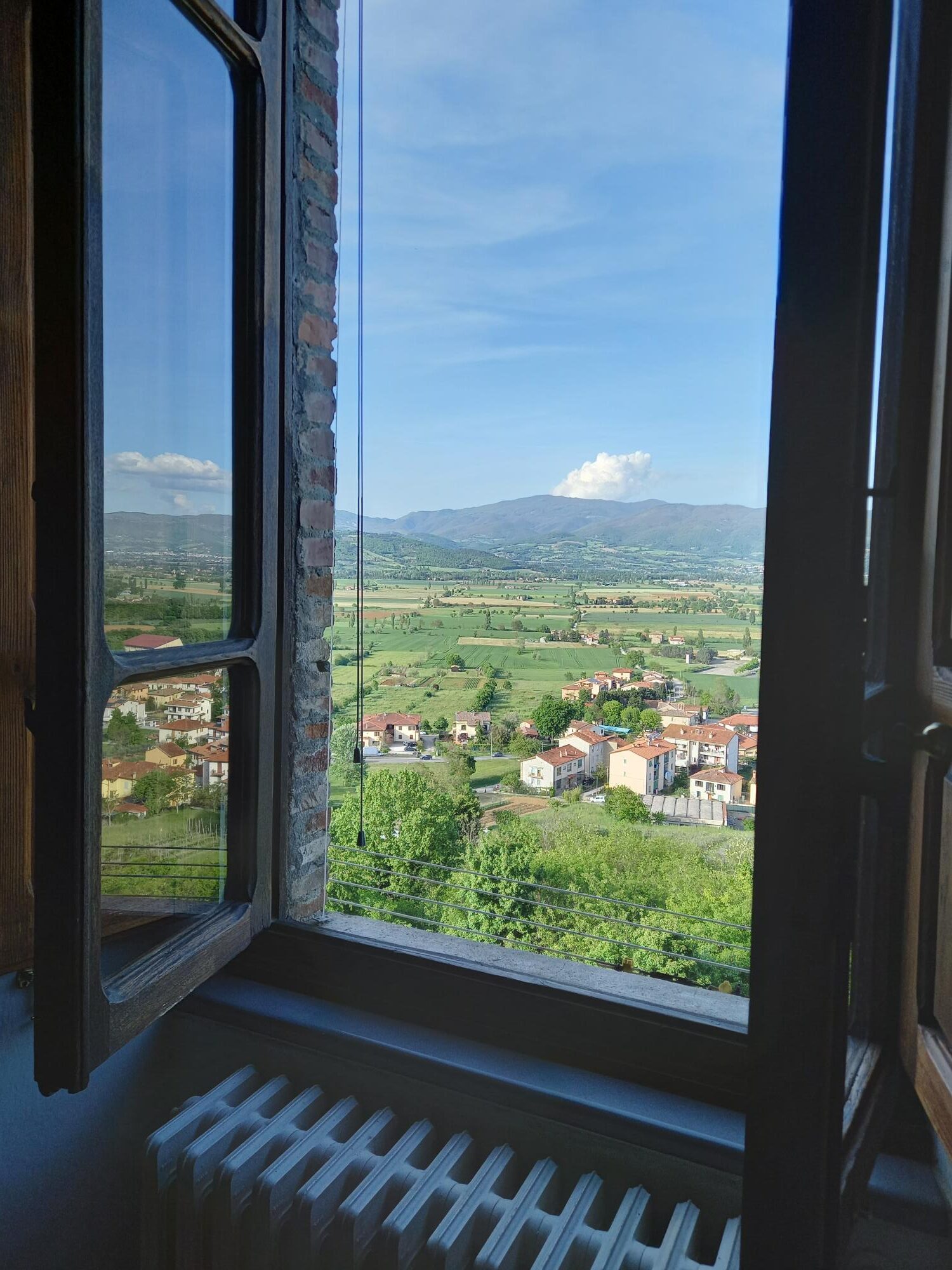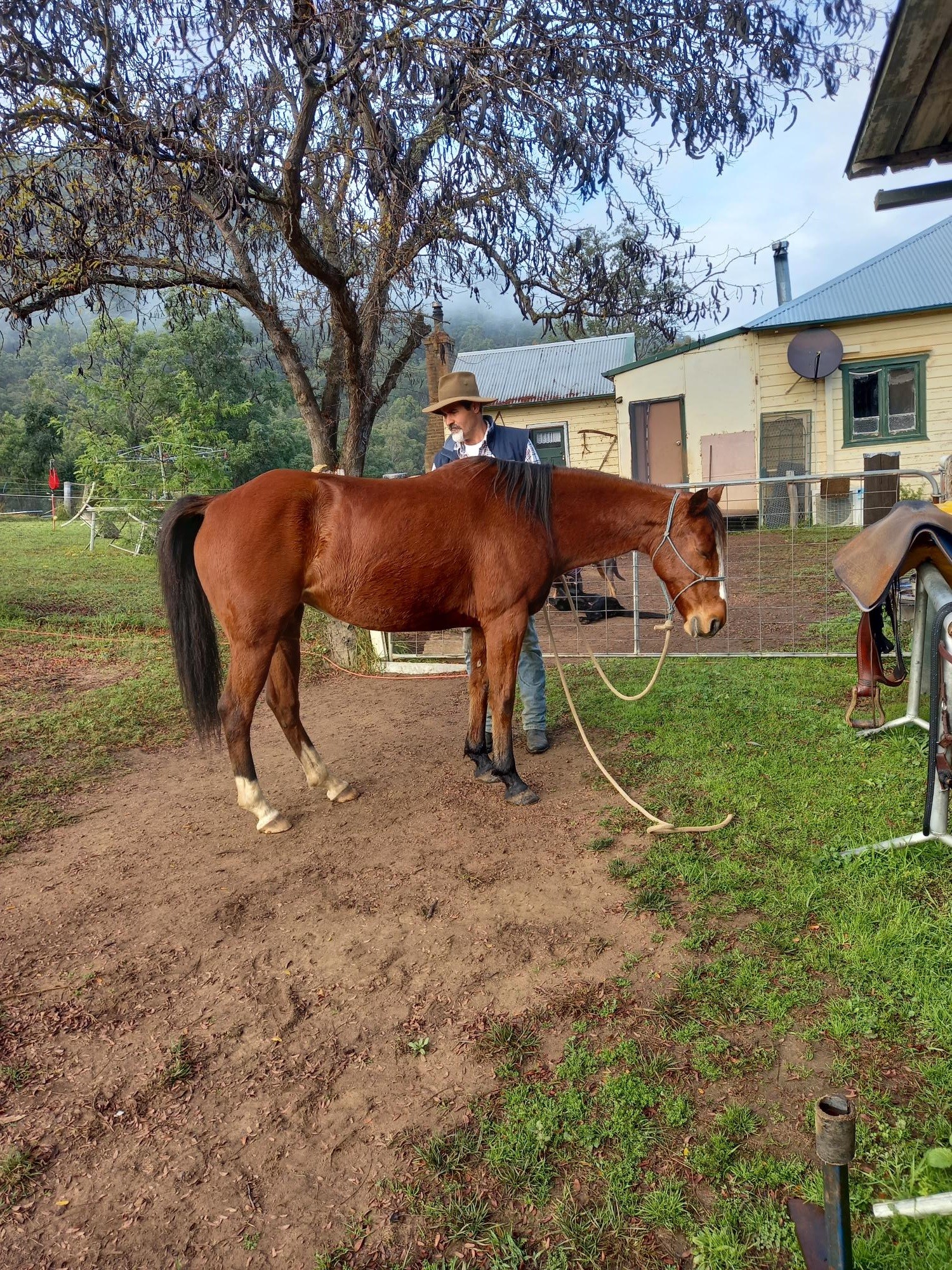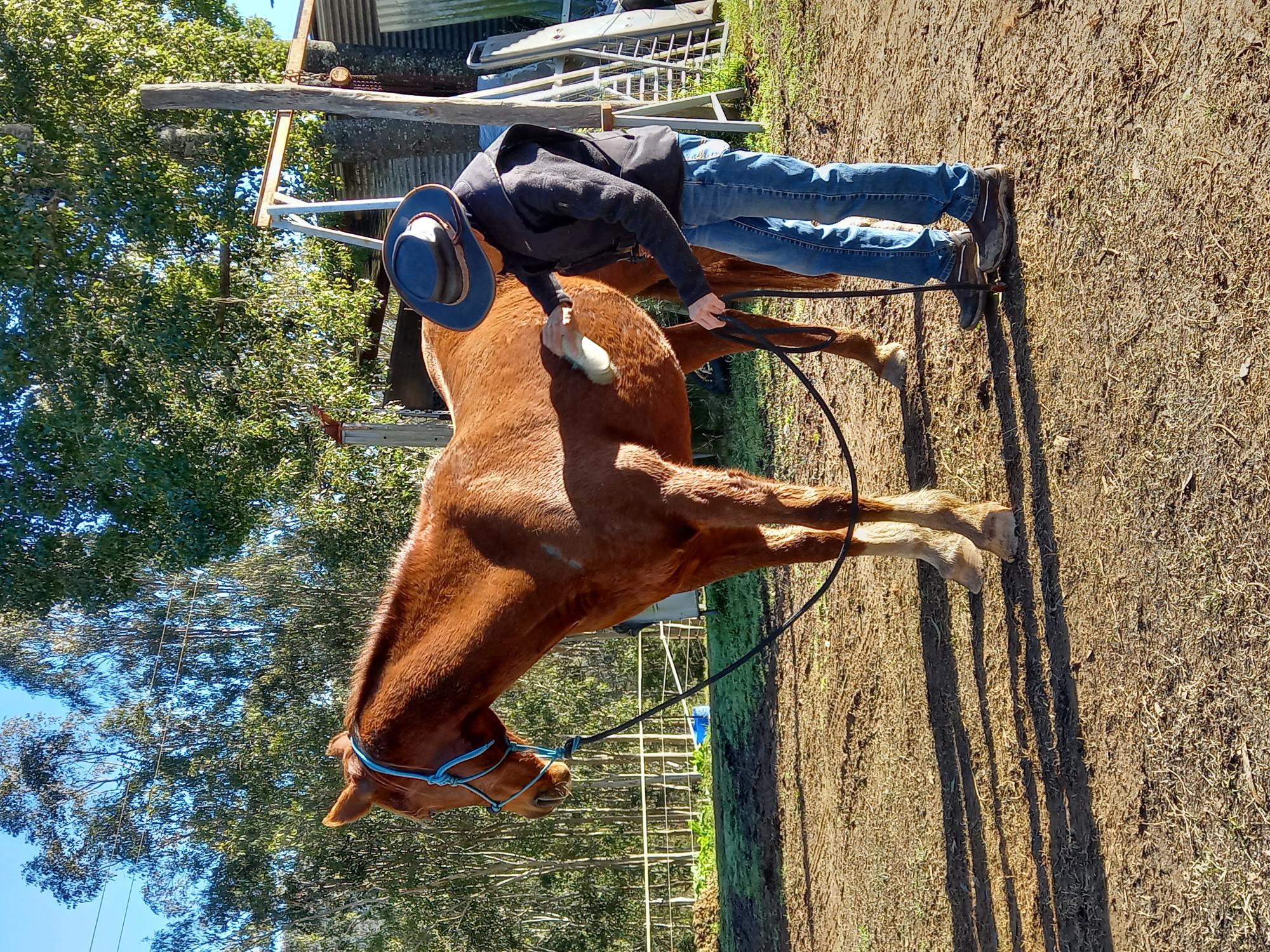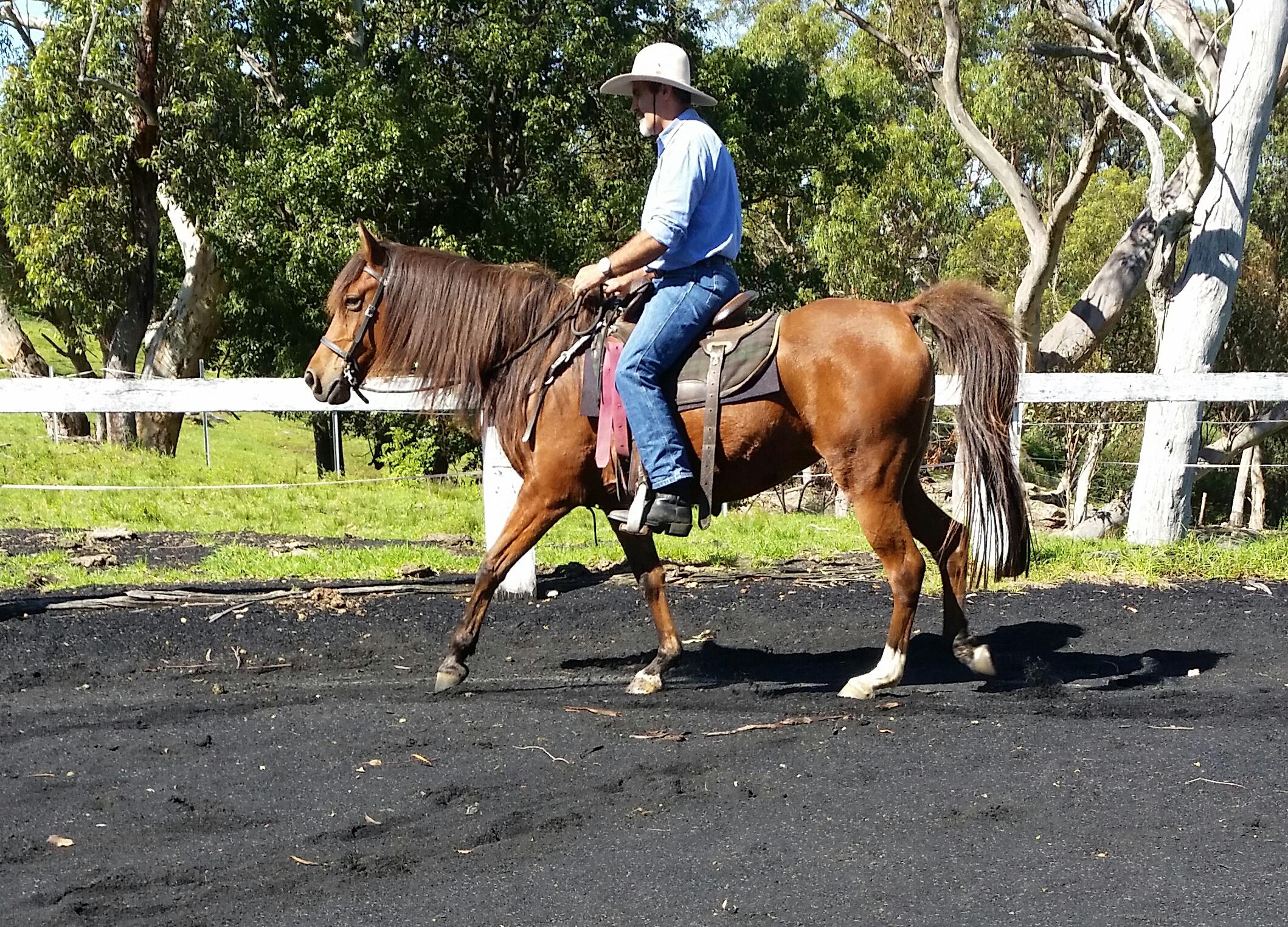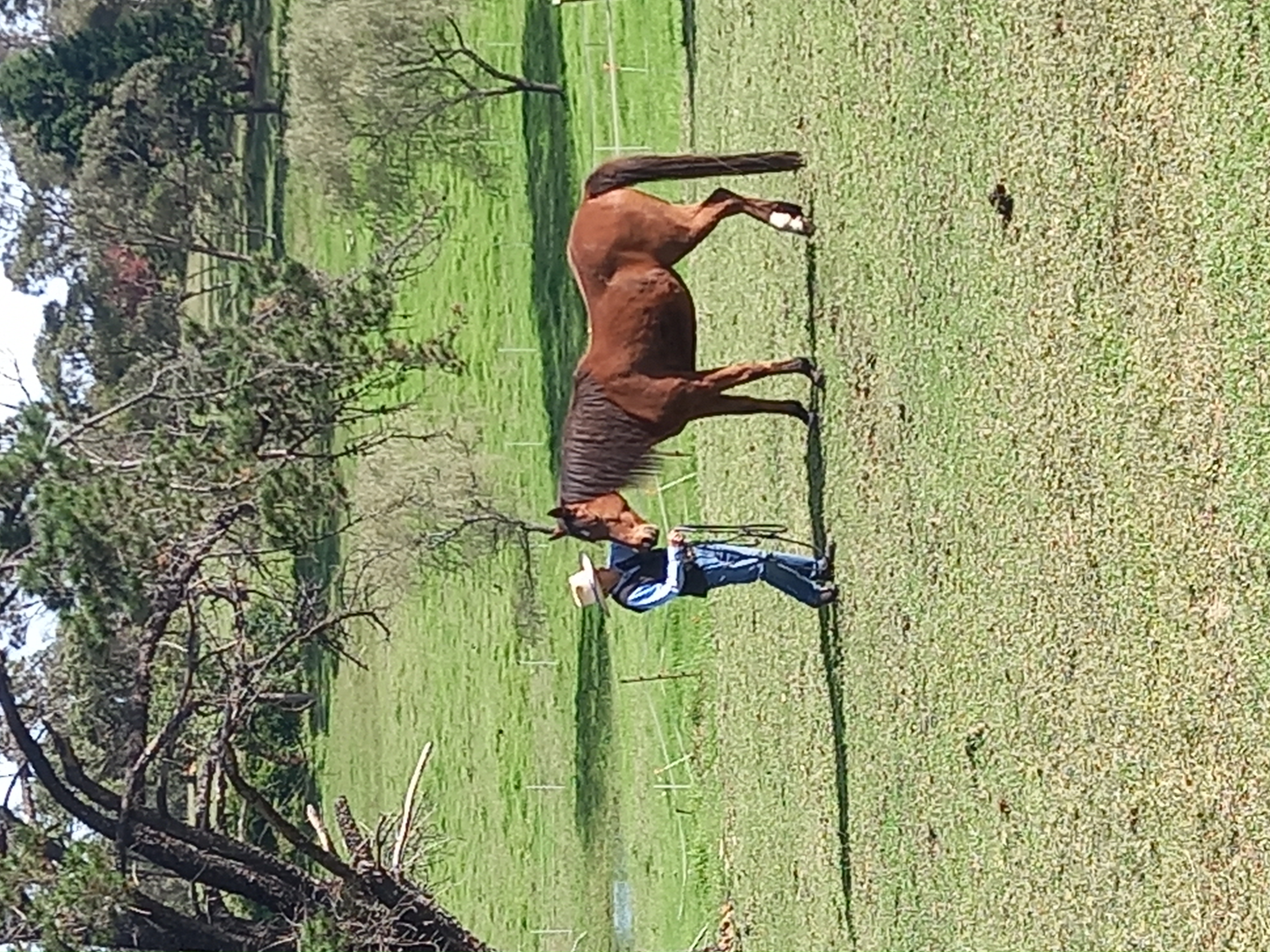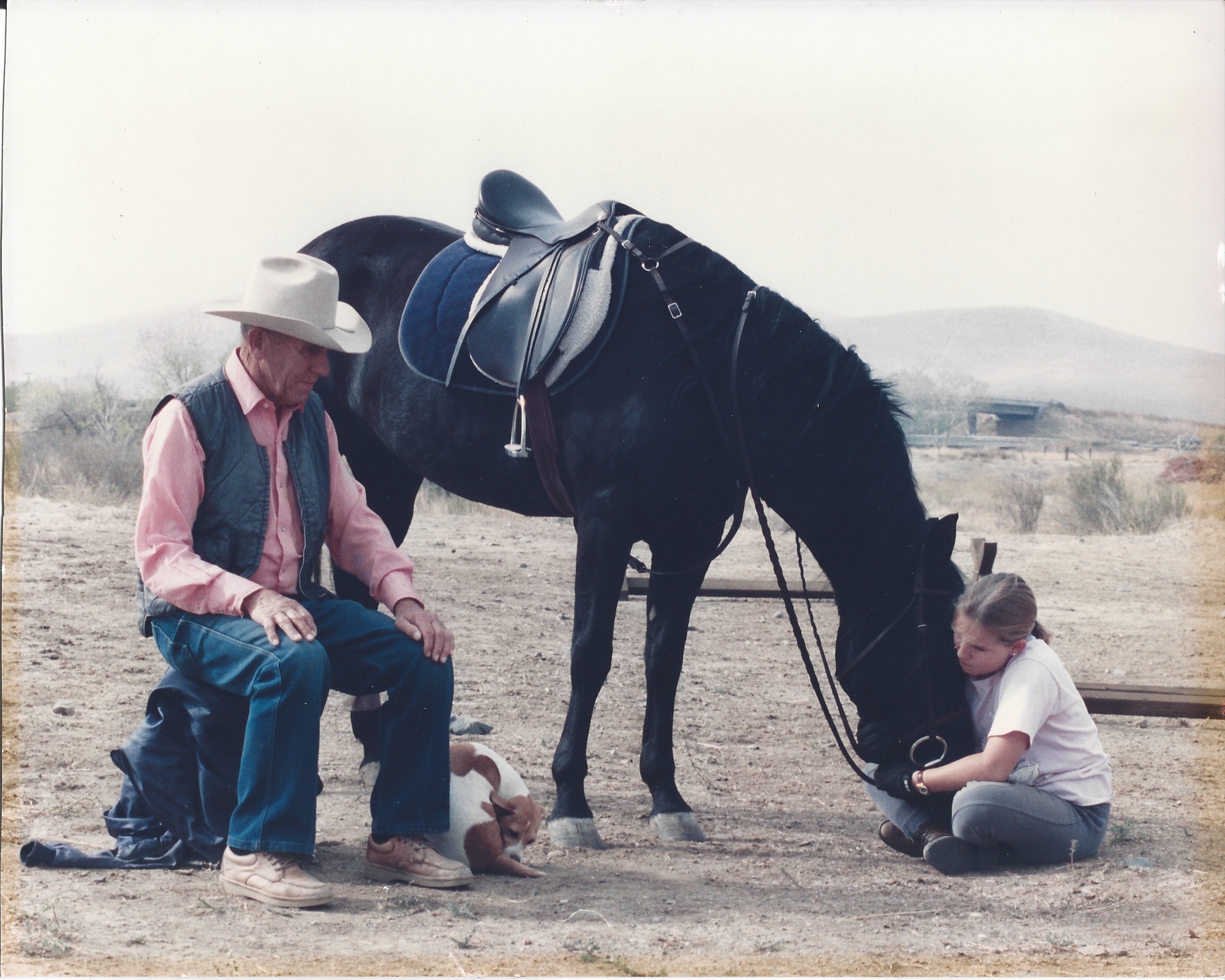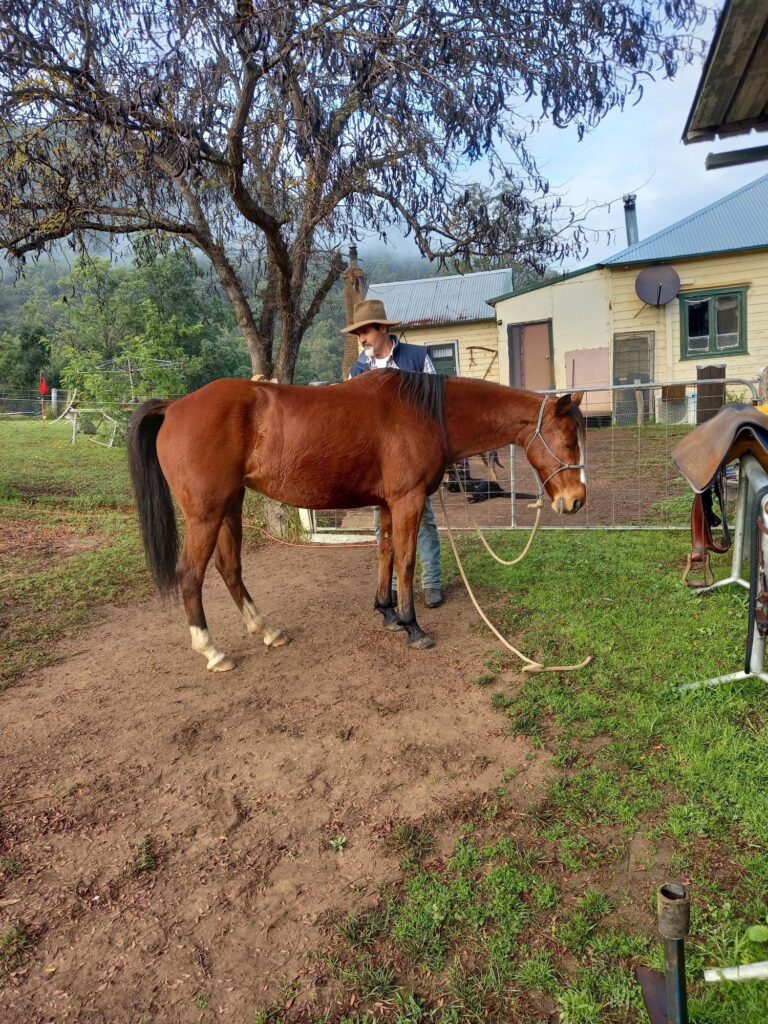When, in 2018, I interviewed Paola, the wise street cleaner in Anghiari (Part 1,Part 2), she said ‘when I clean at La Croce in the morning and I look towards the valley, that valley that Leonardo and Piero della Francesca also looked at, it is a great joy. . I’ve recalled these words as I look with wonder at the view from the apartment where I am staying. It is quite simply breath-taking – the light, the colours, the Apennines around and beyond. But it is the cultural and historical richness in this view that particularly holds my attention. As Paola suggests, alongside all the visible historical changes, you can still imagine those renaissance artists in this landscape. (It has been a great joy to reconnect with Paola, who is very happy to do an interview with me on life in Anghiari during covid.)
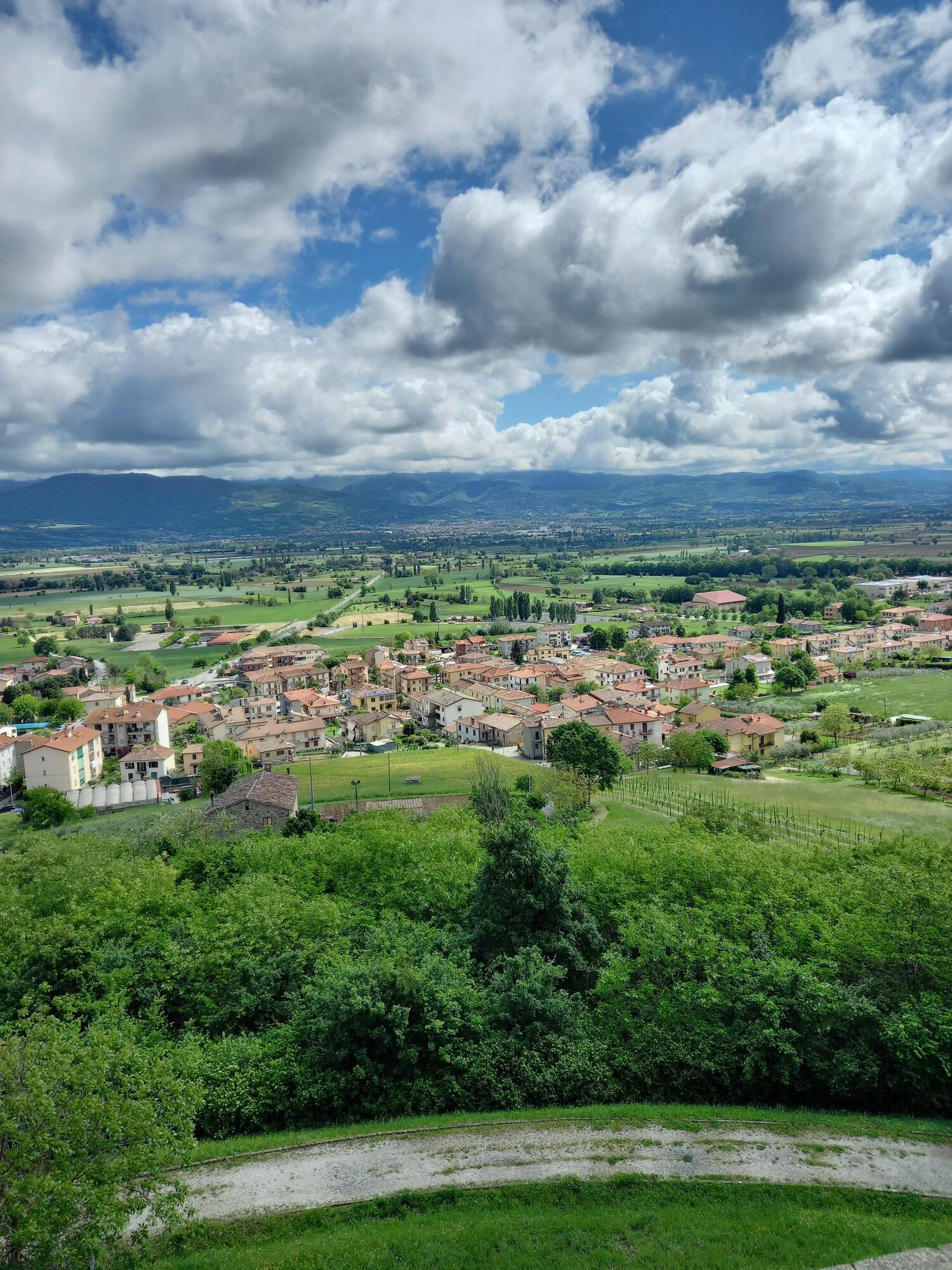
With respect to changes, I’ll start with the river. The place I am staying in has been called ‘Tiber view’, but, in fact, you cannot see the Tiber from here. With the construction of a dam a little north of here in the post-war period, the river was reduced to a shallow trickle. Completed in the ’80s, this construction involved the flooding of homes, churches, and all the attendant downstream problems that go with damming, including the loss of a variety of species of fish. I understand that, over the centuries, the course of the river has changed, and that, in the past, not only did it flow fuller and deeper, but, at one stage, came quite close to Anghiari.
Continue reading Tiber valley view